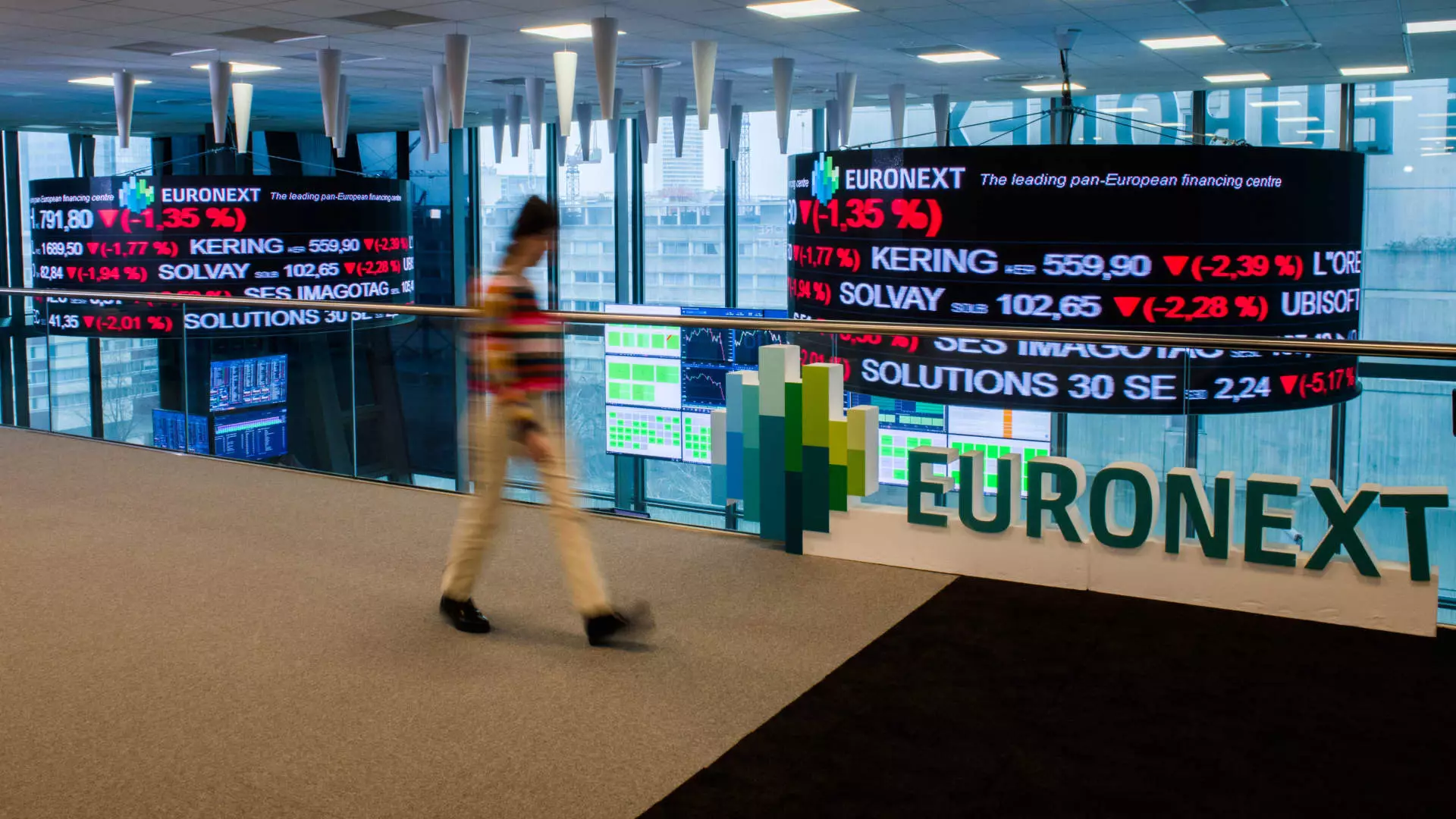Following Donald Trump’s decisive victory in the recent presidential election, global markets experienced a notable pullback, particularly among U.S.-listed funds that track international equities. While major American indexes reached record highs, investors appeared hesitant, clearly reflecting their concerns about the implications of Trump’s proposed economic policies on foreign markets. Exchange-traded funds (ETFs) connected with countries like South Korea, Hong Kong, Taiwan, and Chile all recorded declines, signifying a broader uncertainty surrounding the potential trade policies of the incoming administration.
This response was surprising, given that many had expected a Trump presidency could invigorate some sectors. Trump has indicated a willingness to impose significant tariffs on imports—most notably, a proposed 20% tax on goods entering the U.S. and a staggering 60% on goods from China. Although polling indicated that these tariffs may be unpopular with the electorate, their potential impact on global trade cannot be overstated. Yung-Yu Ma, the chief investment officer at BMO Wealth Management, points out that the uncertainty surrounding tariffs complicates the outlook for international stocks, which could suppress their growth in the near term.
Divergence in Market Performance
The stark contrast in market performance between the U.S. and international stocks is a testament to the unique challenges posed by Trump’s policies. On a day when the Dow Jones Industrial Average demonstrated remarkable gains, European markets struggled to maintain stability, clearly reacting to the prospect of increased protectionism. Specifically, the iShares Core MSCI Europe ETF (IEUR) fell more than 2%, highlighting the apprehension felt across the Atlantic. Conversely, Japan’s Nikkei 225 index displayed resilience amid this downturn, yet the iShares MSCI China ETF (MCHI) still saw a more than 2% decrease.
However, there were silver linings in this global market landscape. The Global X MSCI Argentina ETF (ARGT) unexpectedly surged over 2%, achieving a new 52-week high. This positive performance could be attributed to Argentina’s recent election of libertarian Javier Milei, whose governance style has drawn comparisons to Trump’s approach. This suggests that specific geopolitical shifts can create opportune scenarios for certain markets, even amidst broader instability.
The Dollar’s Strength and Its Effects
Adding another layer to the complex global financial landscape is the surge of the U.S. Dollar. The ICE U.S. Dollar Index recently reached its highest point since July, driven by rising inflation expectations post-election. Adam Turnquist, chief technical strategist at LPL Financial, warns that this strengthening dollar could further complicate life for international investments, particularly in emerging markets that have struggled against their U.S. counterparts in recent years. On the day of Trump’s victory, the iShares MSCI Emerging Markets ETF (EEM) fell more than 1%, reinforcing the narrative that rising dollar values can damage the valuation of foreign assets.
The environment for international equities remains fraught with uncertainty, as investors ponder the potential effects of a Trump presidency on both global trade and currency relations. While the U.S. markets bask in record highs, the subsequent turmoil in international investments serves as a reminder of the interconnectedness of global finance and the challenges that lie ahead.

